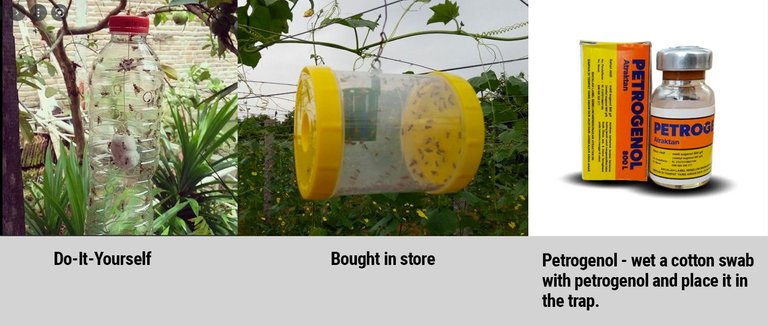This is the most expected period of the gardening season. This is what we all have been working for, the moment to harvest the result of the hard work. The time is here, but the moment is not so happy.

The Good
Today I'm going to divide my post in two. The first part will be about the good and the second about the bad.
This year the gardening season started out well, there were minor problems, like every year, like seeds not growing, but those are normal. This is why you need to sow a bit more to have some spare in case seeds don't sprout. Snails have been kept under control, so no massive harm has been done by those either.
The weather was so so but more good than bad. There was no hail storm like last year, no frost either.
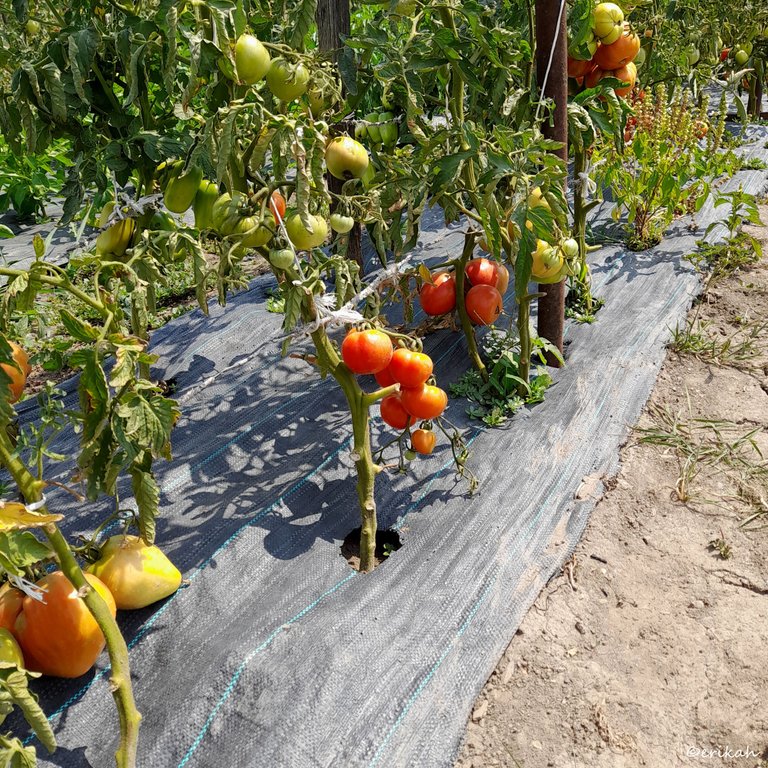
Tomatoes, the queen of the garden. I'm not sure if you can see how big the tomatoes are as photos can be deceptive, but what you see on the left side is as big as a big apple. As you can see, there's plenty and also look healthy.
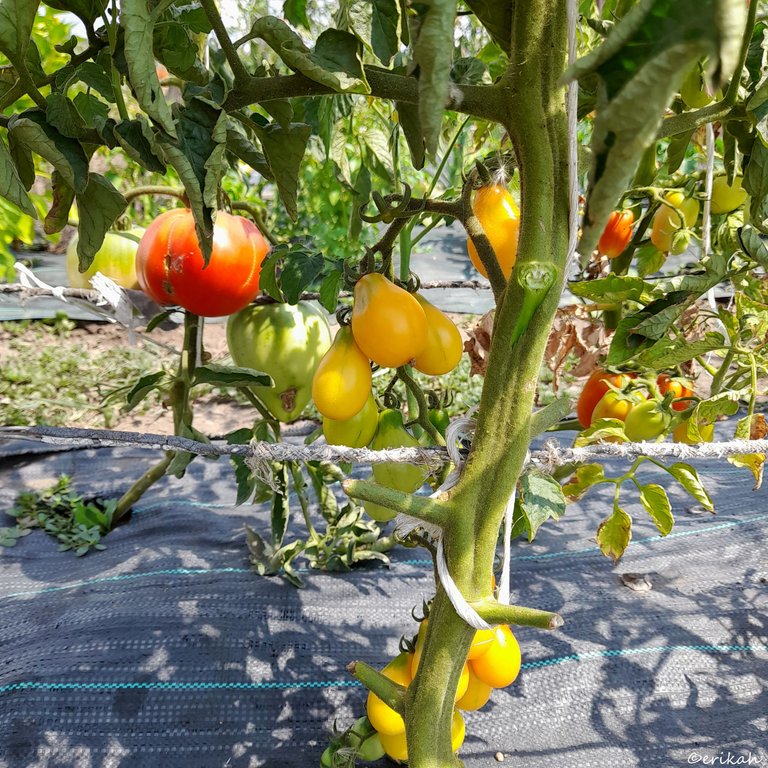
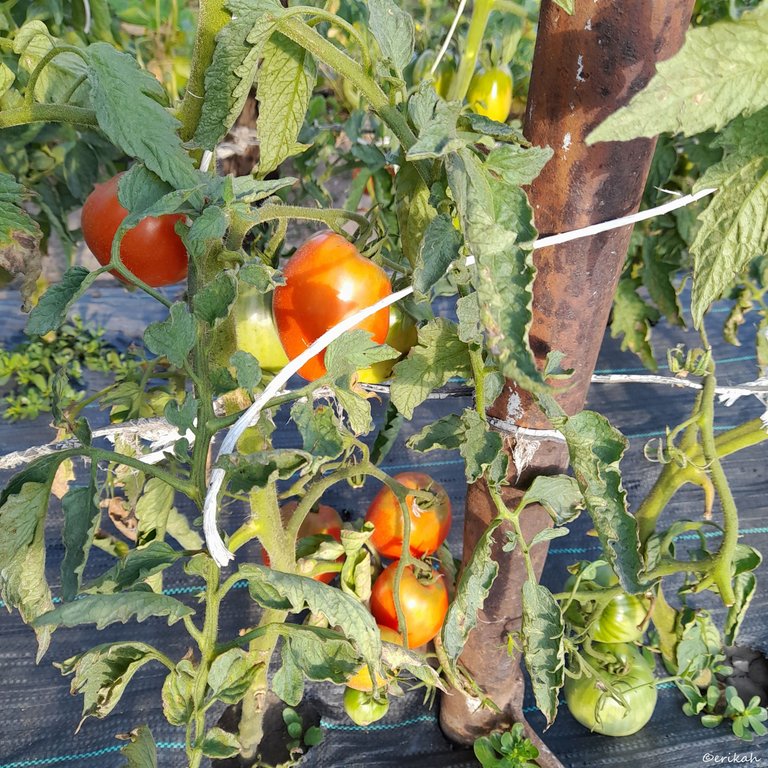
So far there's no danger for the tomatoes and harvesting has already started. In a day or two, tomato juice will be made.
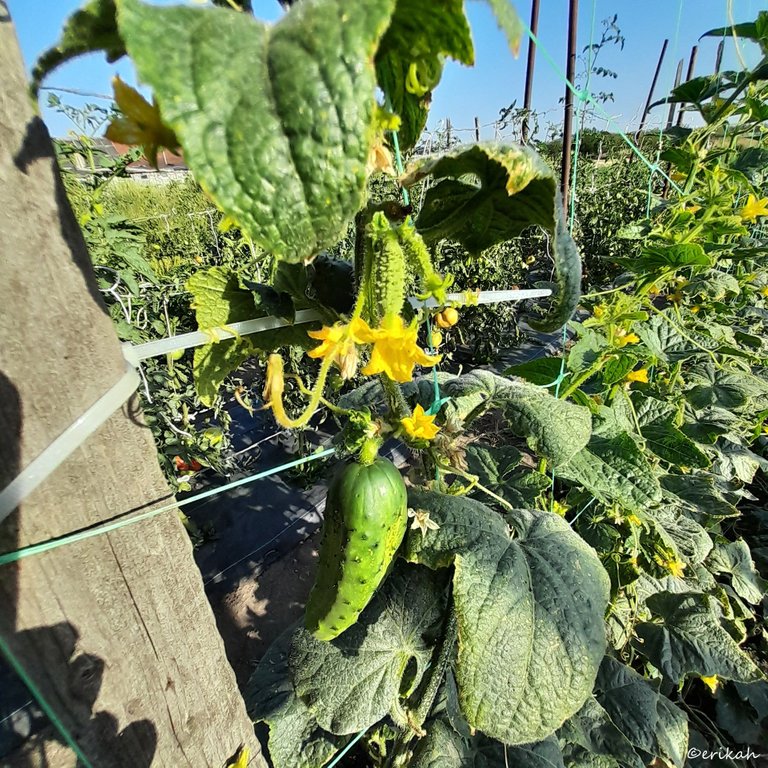
Cucumbers are also looking good, growing nicely. We eat what we can and the rest goes into jars as pickles. Winter is long :)
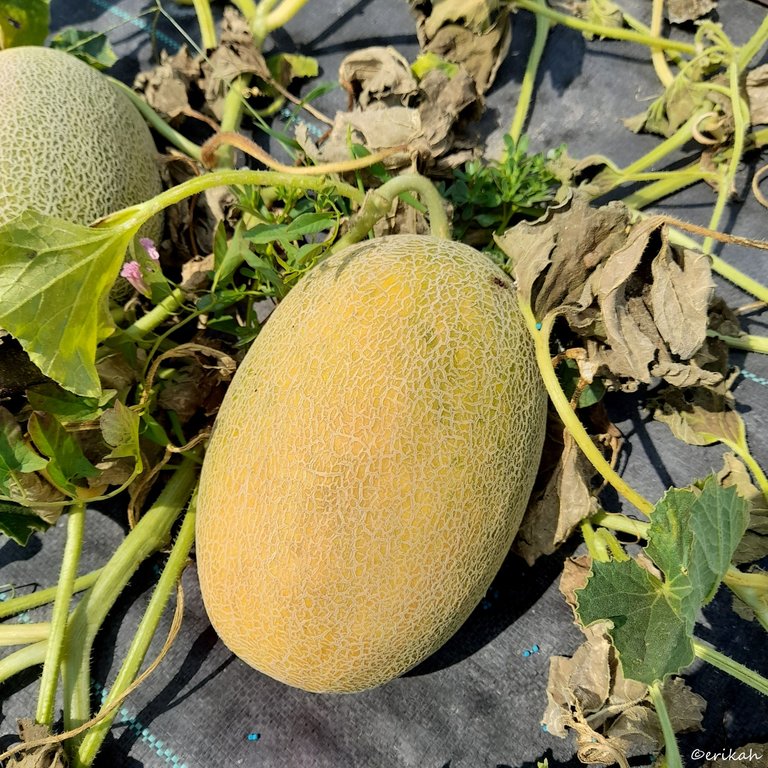
Honeydew! The sweet and cool honeydew, the perfect breakfast at times.
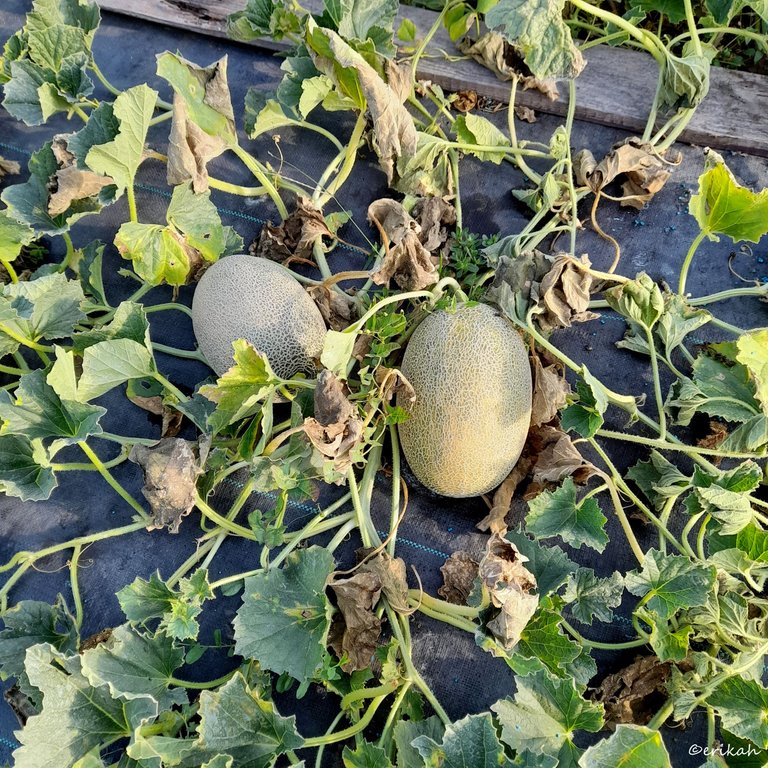
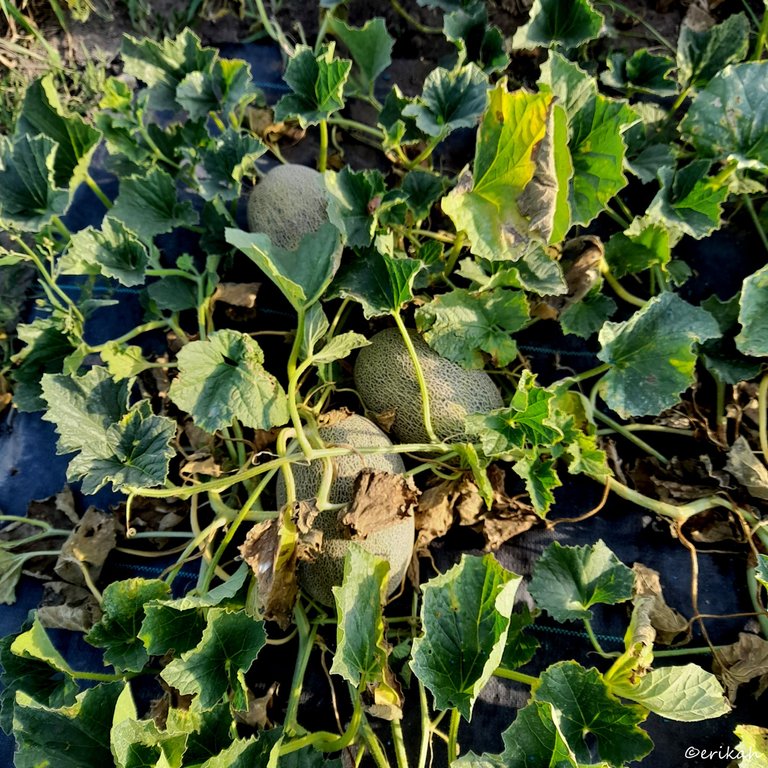
Although these are also looking good, the problem is visible here already.
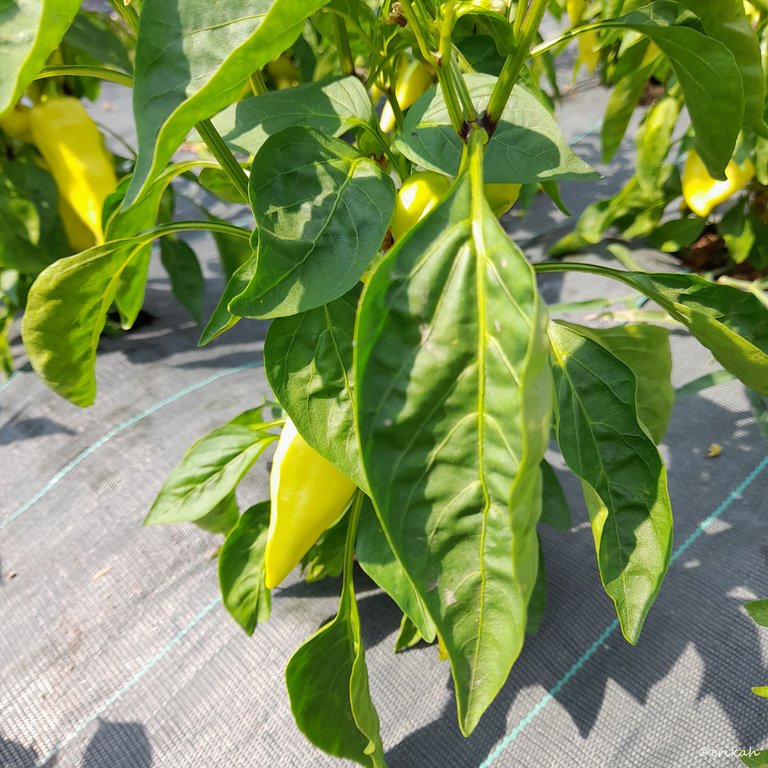
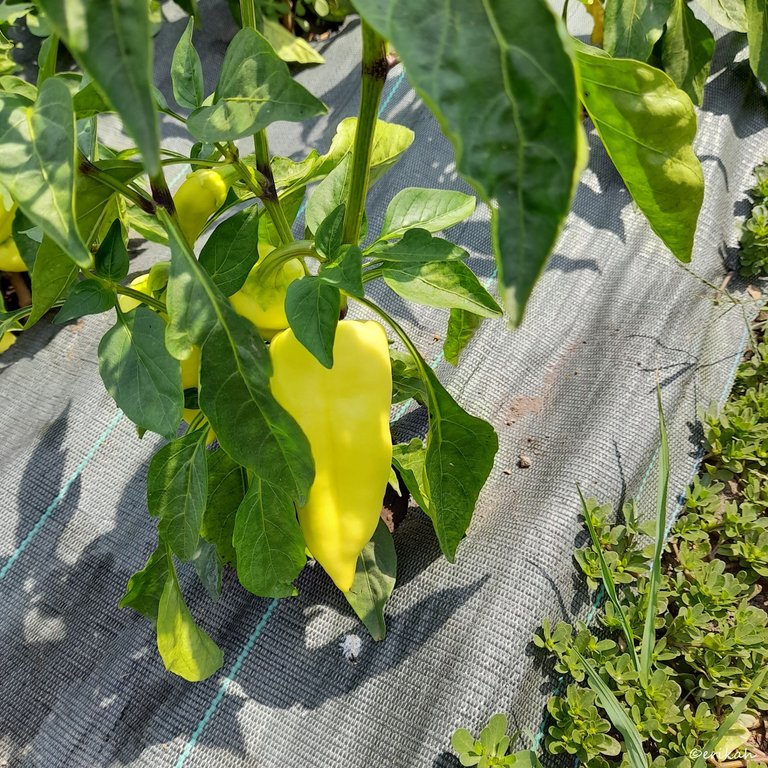
Peppers are also healthy, growing according to schedule.

A week or two is still needed to get some big, delicious ones but we've already had some.
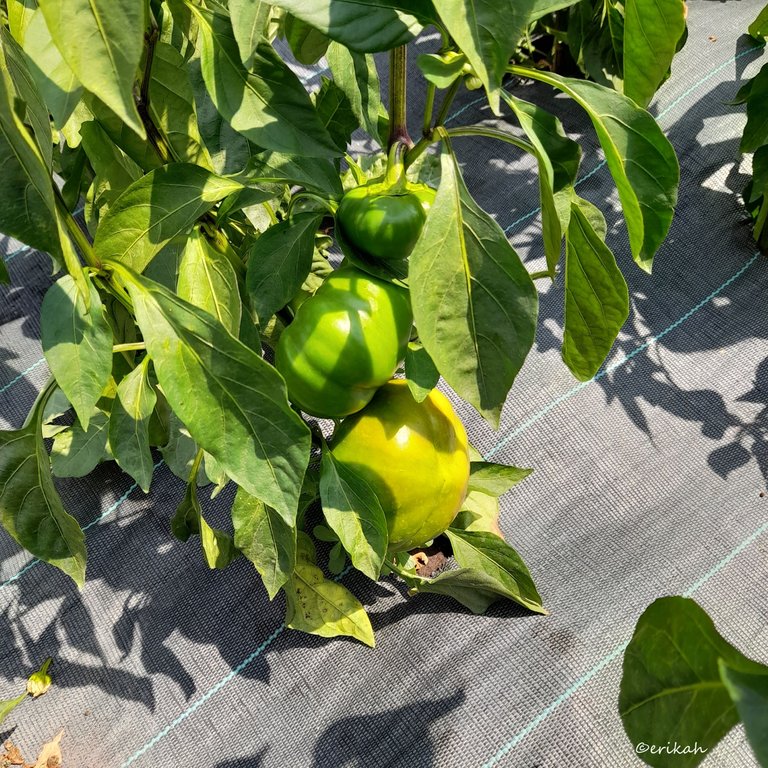
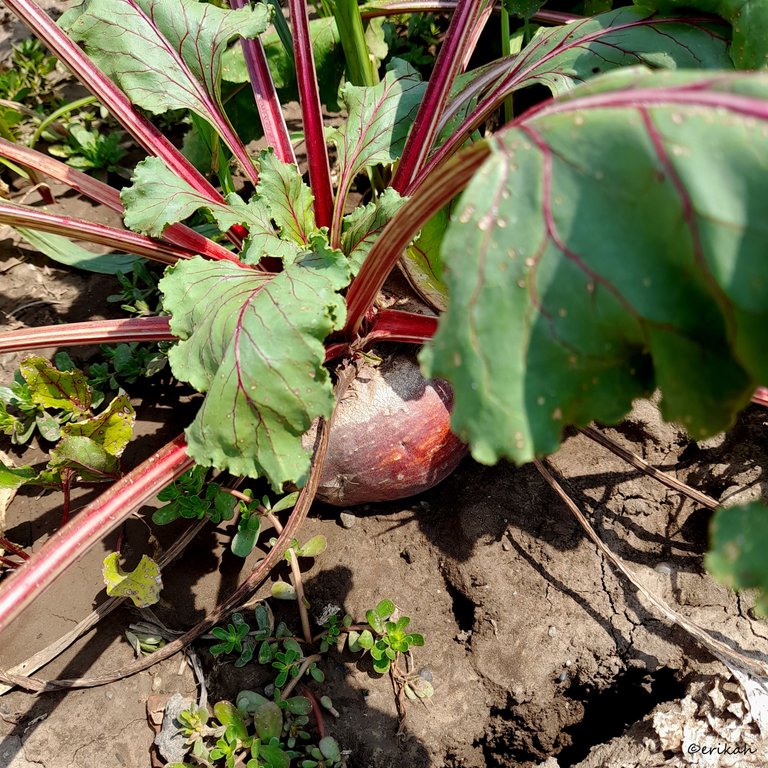
Beetroots are exceptional this year, which is quite surprising. Up until this year, beetroots were always a problem. We had to sow twice and even so the result was way below expectations.
The Bad
The whole thing started with the onions. There were years when there was so much rain the onions started to rot in the ground, we had to take all out, dry them and even so, they did not last long.
This year the onions were done one month sooner. At the beginning of July we had to harvest all the onions. It is good news as it looks like there will be no rotting. It's terrible when you have to throw out half of the harvest.
However, harvesting onions so early has been a sign that not many can recognize. Looking back to the last decade, it looks like each summer is hotter, which leads to extreme heats that we're having now.
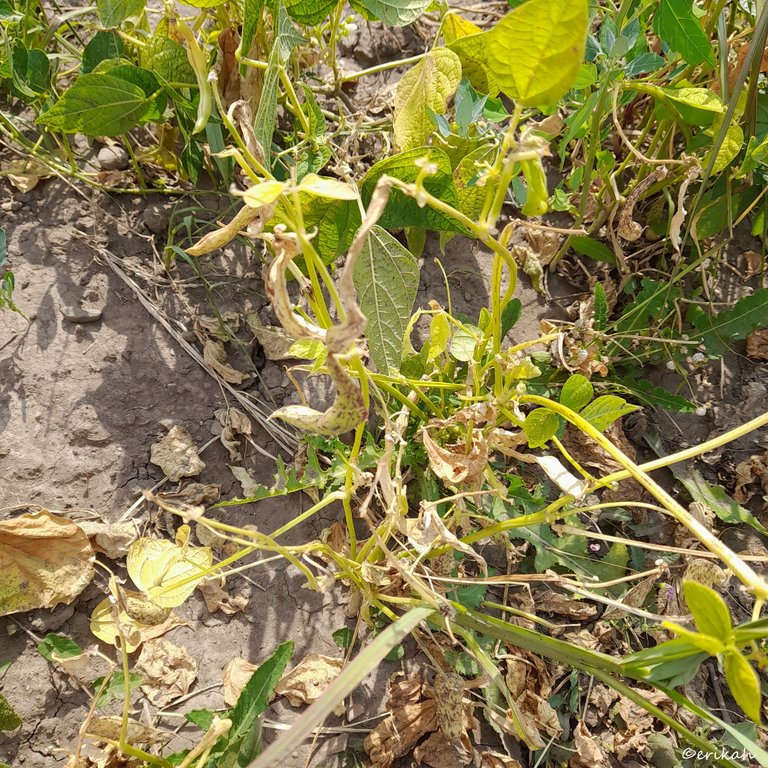
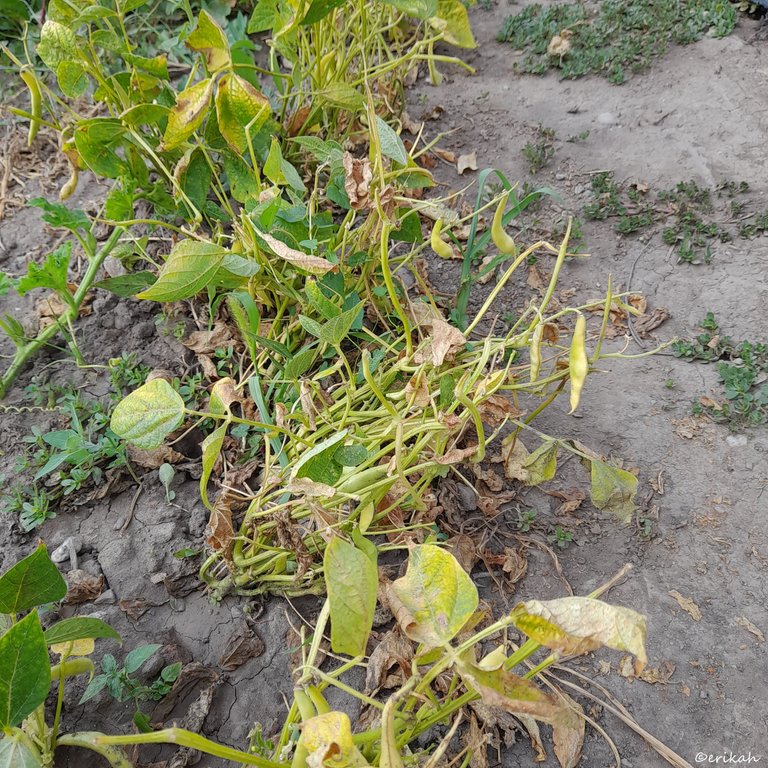
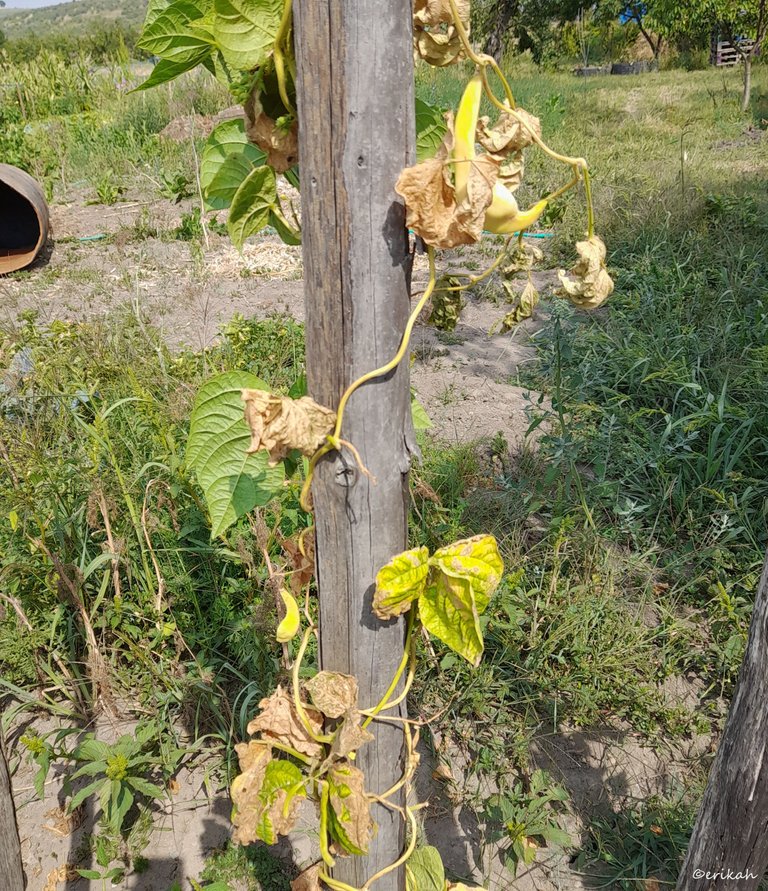
Beans are looking like this. In one word, terrible. We had a good first harvest and that was all. Beans usually are harvested in bathes, but not this year. Due to the extreme heat, the flowers started to dry and now the leaves as well, although there was regular watering. So what you see here will be for seeds of stored as dry beans.
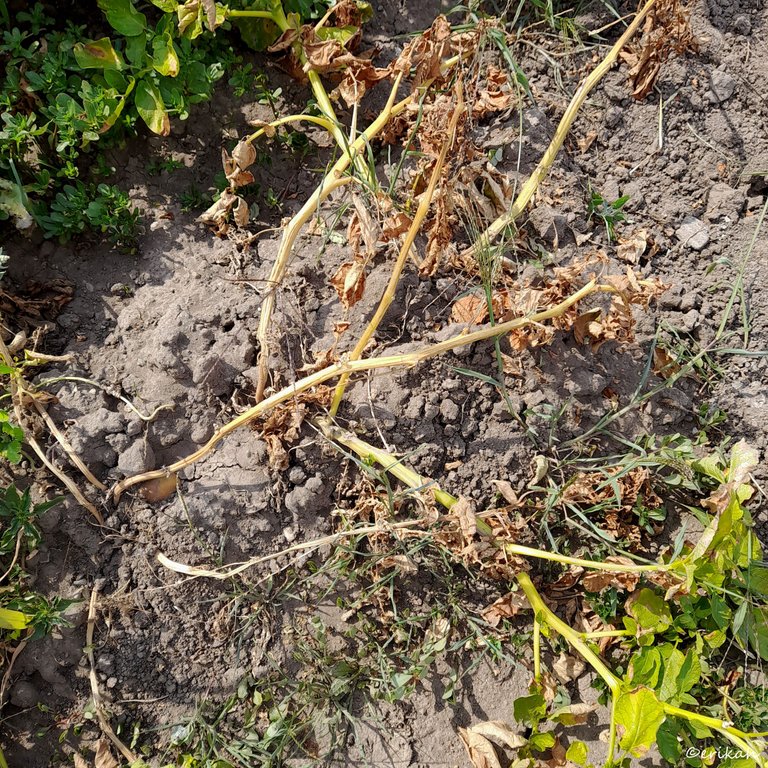
Potatoes are not fully ripe but the part above the ground is already dove, very done! Which means the potatoes are not going to ripe ever.

Although we still have cucumbers, the leaves are not looking healthy. The sun is burning the leaves and there's no cure for that. Regular watering can't help here.
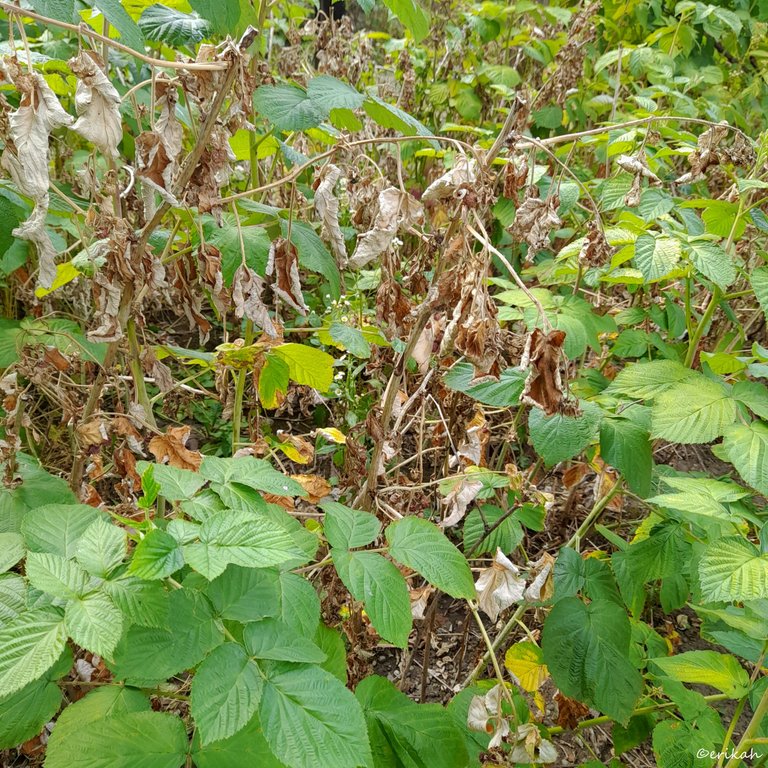
Raspberries, same story. We've never watered the raspberries till last year. Now it looks like it's going to become a habit, out of necessity. My grandfather would be shocked as there wasn't such thing during his time.
The Lesson
Life teaches you a lesson every time something unexpected and unprecedented happens, you just have to pay attention and learn from it. If not, next year there's a risk you're going to make the same mistake again.
In agriculture there's nothing guaranteed and you have to be grateful each year for everything you get. Every year there are fruits and/or vegetables that do well and next year they do less well. Canning the extra you get is a way to balance the losses of next year. With the current price hikes, having some extra from last year can mean a lot.
The Future Of Agriculture
Those who are used to traditional agriculture will never switch to something more performant and I can understand their point of view. There's definitely a different between tomatoes grown naturally, in open air, in the ground and those grown in greenhouses, using hydroponics.
However, if global warming continues, and it will as there's no way to stop it, a part of traditional agriculture will disappear. I see it in our garden, there's something we give up growing every year because simply does not worth struggling with it. I'm not worried for us as we're not going to do this indefinitely, but on a global scale, this is scary.
